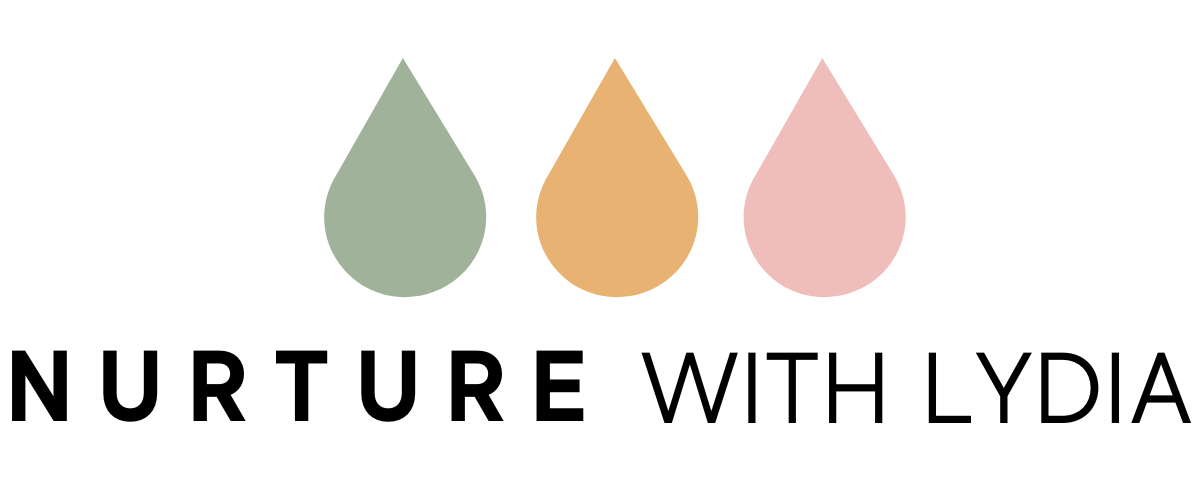Breastfeeding and weaning
Many breastfeeding mothers have felt pressure, at some point, to stop breastfeeding their baby.
And once babies start to eat solids (around six months), there seems to be a widespread assumption that breastfeeding should stop. Because “they don’t need it to survive anymore”. But that’s not true! These kind of comments can open up a host of judgemental opinions about breastfeeding beyond infancy - so let’s lay down the facts.
How do I know when my baby is ready to wean?
There are three important signs of readiness that means your baby ready to start weaning:
1. Your baby must be able to sit up unaided and hold their head steady
2. Your baby must have lost their tongue thrust reflex to enable them swallow food instead of spit it out
3. Co-ordination: your baby can look at food, pick it up and put it in their mouth
Showing an interest in grabbing or trying your food is not a sign of readiness – babies are naturally curious, but it’s important to only start once they show the right signs.
It can feel confusing as many baby food manufacturers market their food as safe to consume from four months, but it is a risk to your baby if they are not showing signs of readiness.
Should I stop breastfeeding when my baby starts solids?
There is a widespread, factually incorrect assumption that six months is when a baby should stop breastfeeding. This opinion is deep rooted in sexism and misogyny; the sexualisation of women’s breasts means that, once a baby no longer solely “needs” breastmilk to survive, a mother should stop breastfeeding and return her body to the sexual pleasure of others. Consequently, once solids are introduced, many mothers who continue to breastfeed feel judged by those who lack basic breastfeeding knowledge; the longer a baby breastfeeds, the more both baby and mother are protected from a host of illnesses and diseases.
The World Health Organization recommends breastfeeding for two years as a minimum, but there is no upper age limit. Breastfeeding continues to be beneficial at all ages, for both mother and child. The only reason you should stop breastfeeding is because you want to. It is not always easy to continue breastfeeding confidently when feeling judged – but know that you have absolutely no reason to feel ashamed. You are entitled to feed your baby in peace.
But if you do wish to stop breastfeeding before twelve months, you will need to replace breastfeeds with formula.
Should I offer less milk feeds?
The World Health Organization says:
“Breastmilk provides all the energy and nutrients that the infant needs for the first months of life, and it continues to provide up to half or more of a child’s nutritional needs during the second half of the first year, and up to one third during the second year of life.”
Breastmilk or formula should be a baby’s main source of nutrition up to twelve months. So the introduction of solids at 6 months means very little in terms of changing how you breastfeed your child. They may naturally reduce feeds, especially if they’ve taken to solids really well. But they might not change their feeding frequency for a while and that’s normal.
If you baby doesn’t seem interested in solids, you could try offering food before their milk feed, as they may be less full then.
Another challenge that may arise is that your baby takes to weaning so well that they are less interested in breastmilk/formula. A great way to still ensure they’re consuming enough is to mix their milk into food such as porridge, pasta sauces, smoothies and any pureed food.
I want to stop breastfeeding but my baby won’t take a bottle, how do I make sure they’re getting enough milk in their first year?
Babies lose their sucking reflex around 3-4 months old, so sucking becomes more of a decision than an instinctive reflex. If a bottle is introduced after this, there’s a chance your baby will never accept one (but it’s still worth a try as some babies will still happily accept – check out my blog post on introducing a bottle to a breastfed baby).
But breast and bottle are not your only options. If you practice an open cup or a straw cup from six months, in a short time your baby will be able to drink efficiently from them. Bottles are discouraged from one year so, if you’ve already reached six months without a bottle, I recommend introducing the type of cup that your baby will continue to use in their childhood.
The Bottom Line
Babies very much still need milk when they start solids, and breastmilk continues to be beneficial to your child for as long as you wish to breastfeed them. If you do wish to stop, that is absolutely your choice, but the opinions of others do not matter; as long as you and your baby are happy and healthy, continue to feed them however you wish!
If you need feeding support, please get in touch by emailing hello@nurturewithlydia or View My Services.

